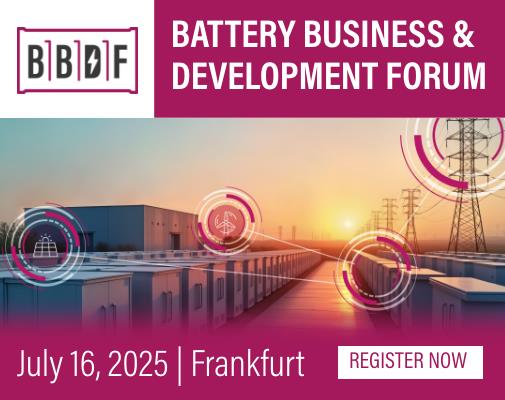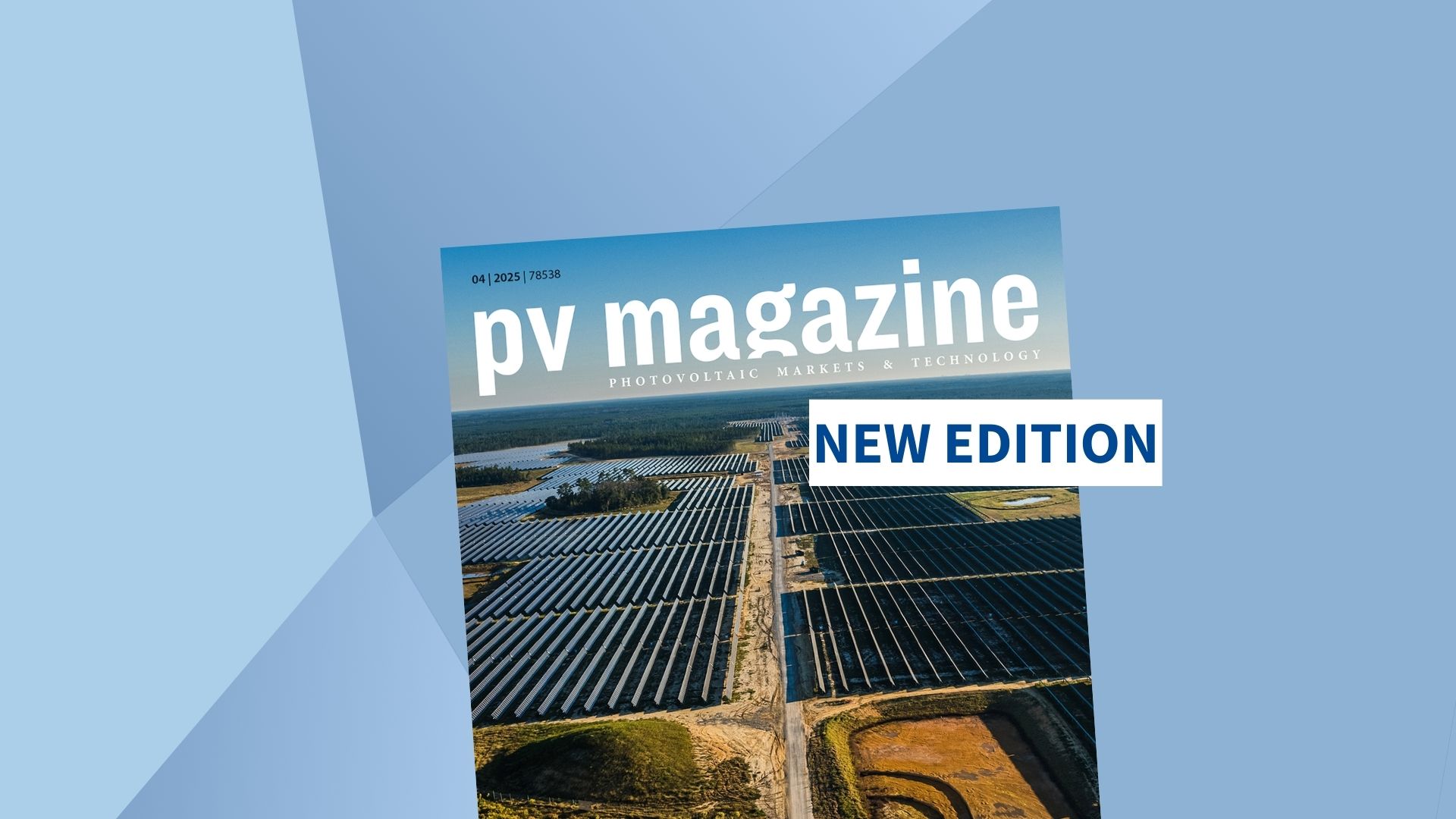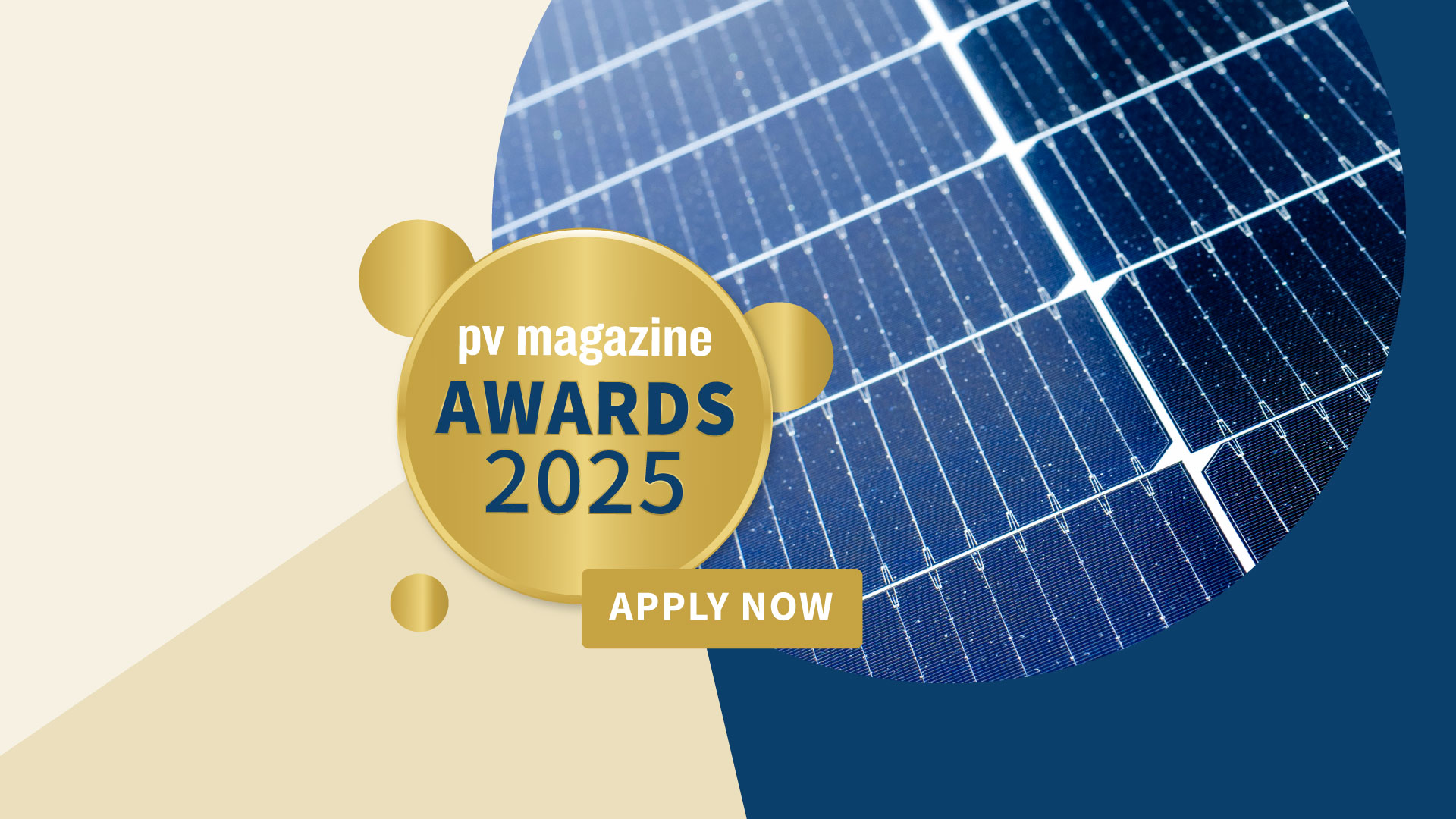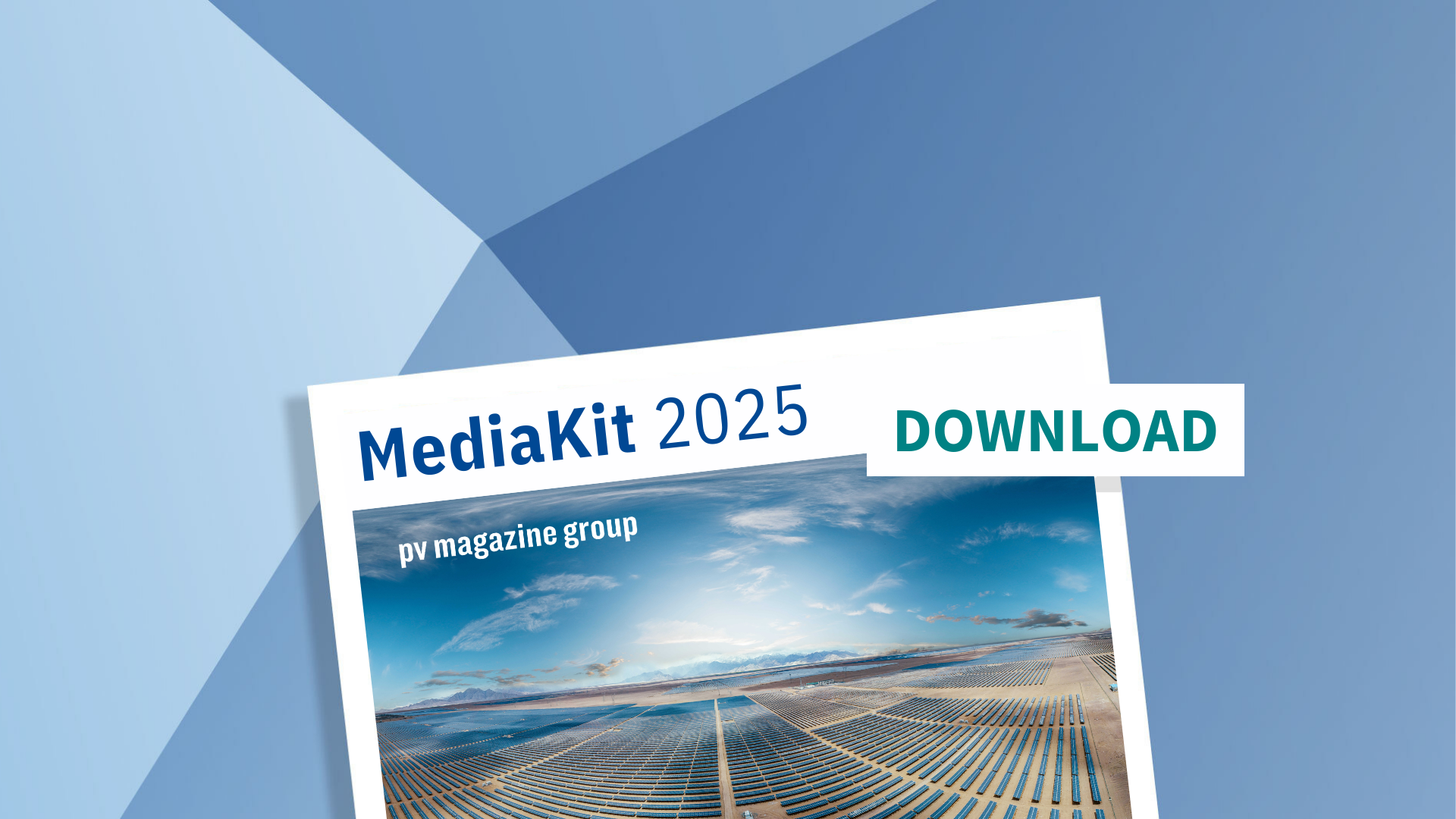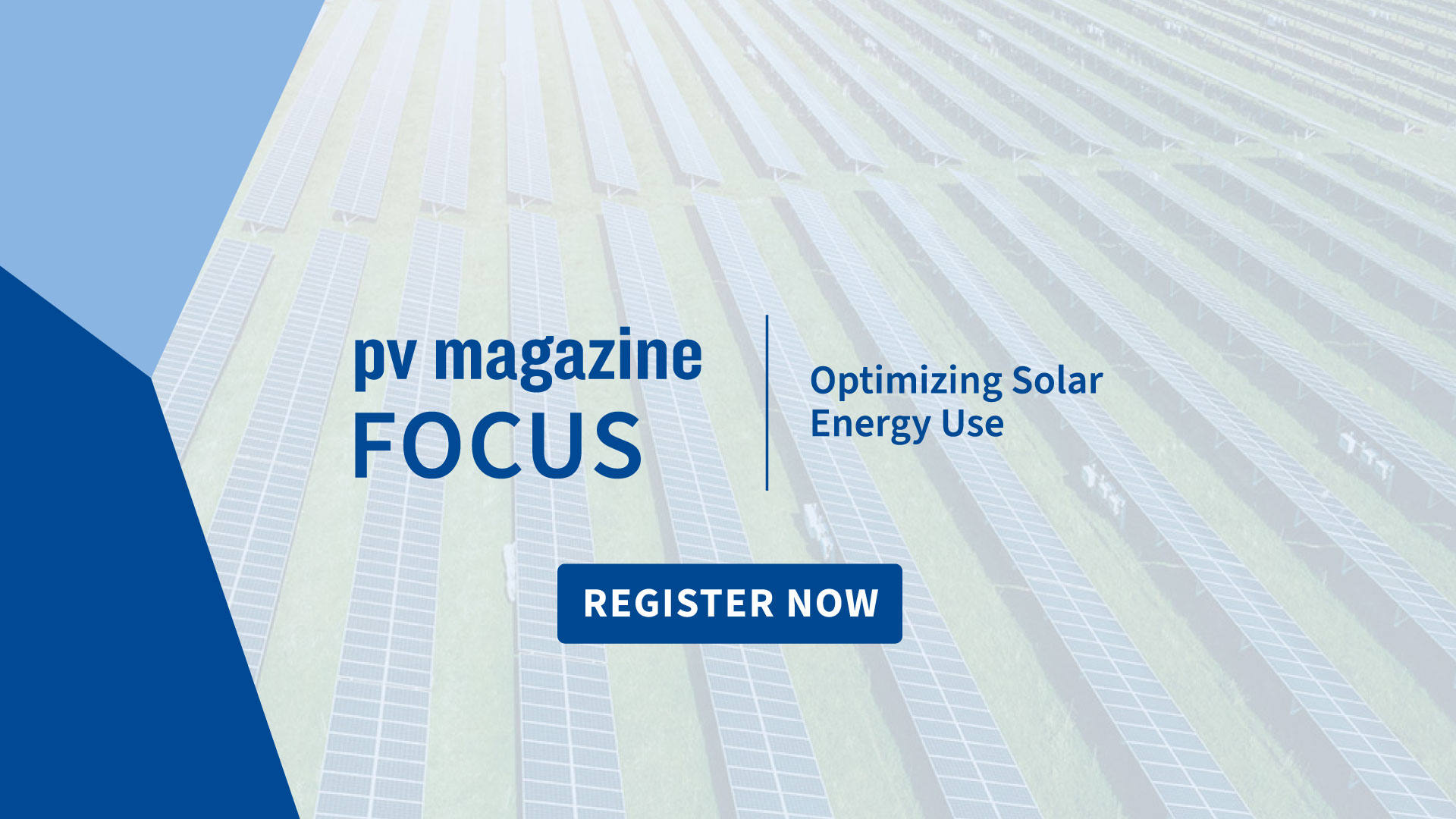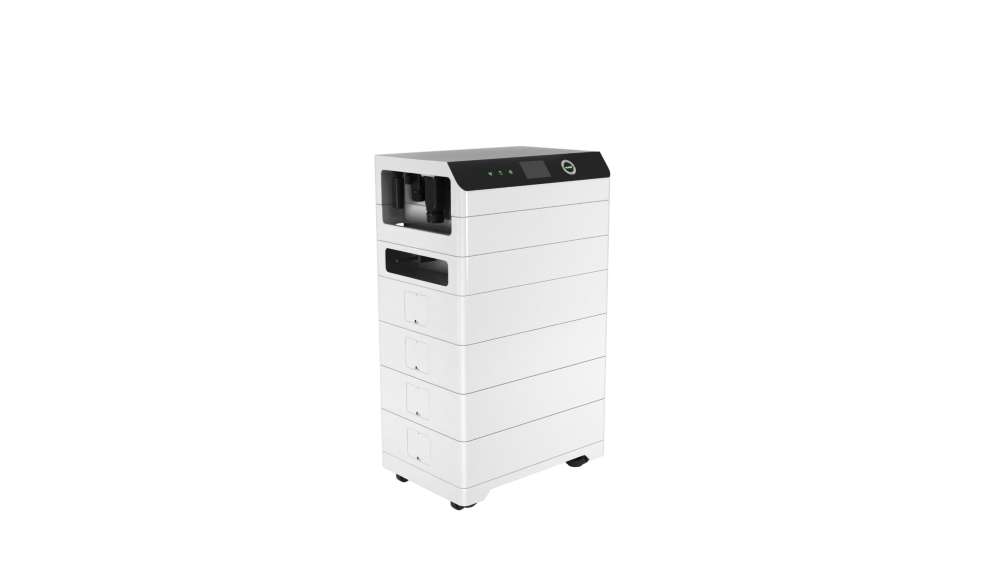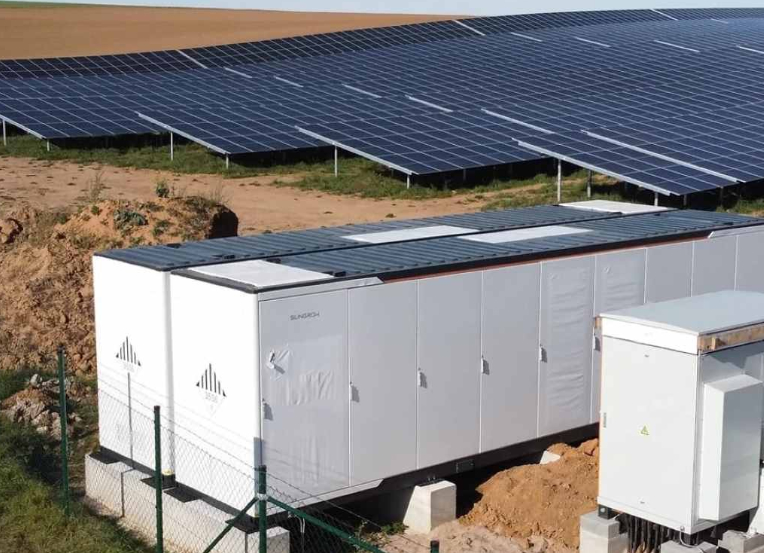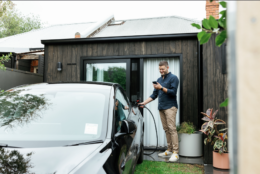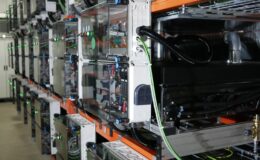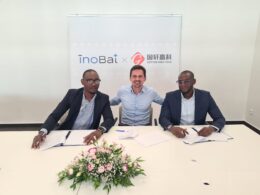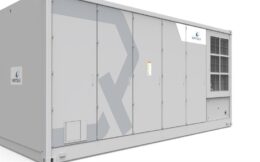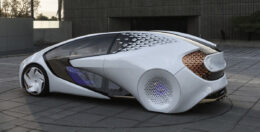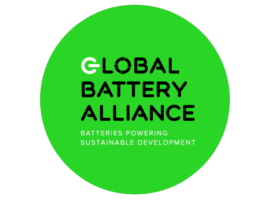Fast charging gets faster in LFP batteries via electric vehicle maker Zeekr
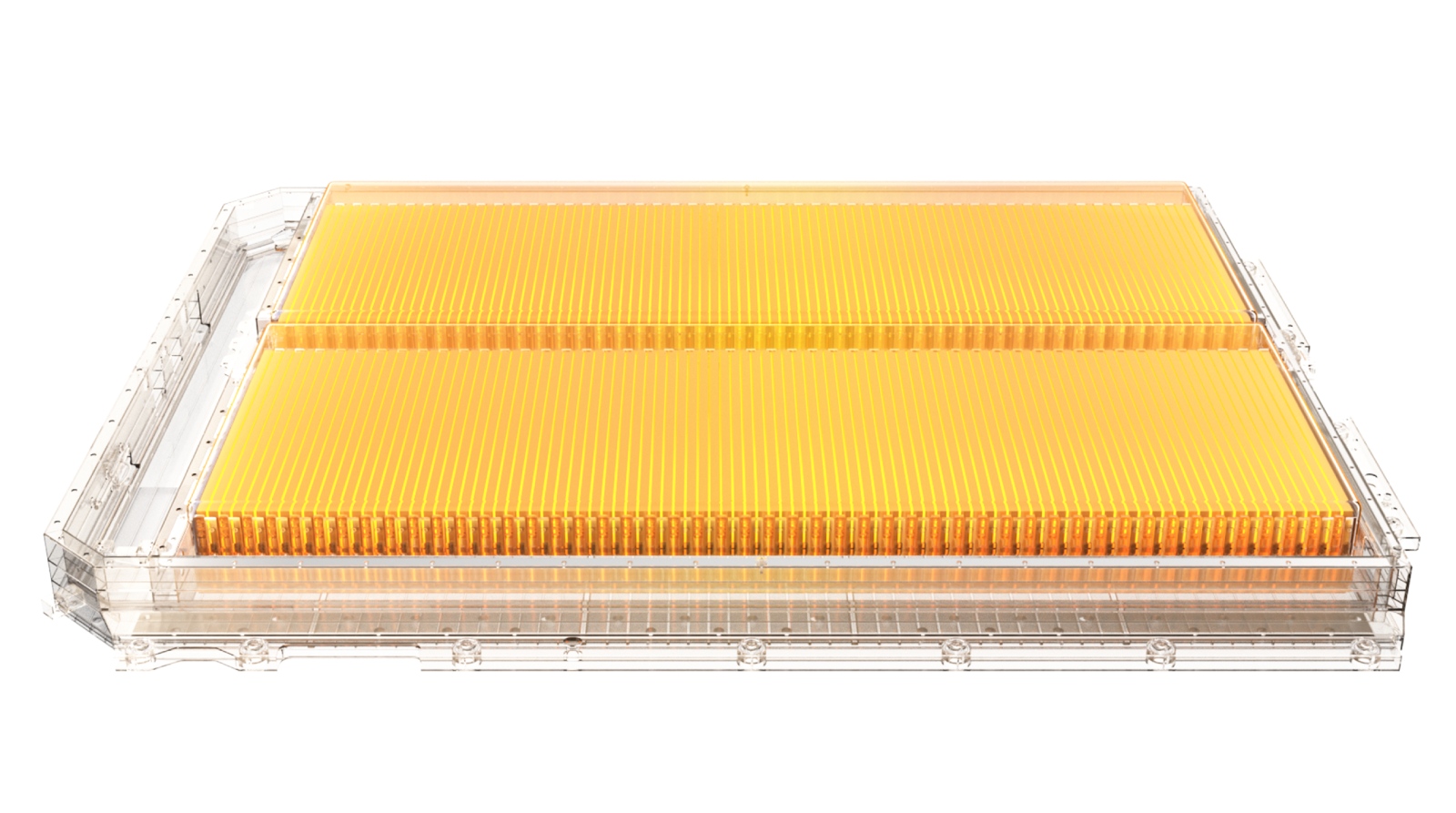
Zeekr, an electric vehicle (EV) maker within the Geely Auto group, has integrated its self-developed fast-charging battery technology, based on lithium-iron-phosphate (LFP) chemistry, into its latest vehicles.
Zeekr introduced its so-called ‘Golden Battery’ in December, touting fast-charging capabilities made possible through a prismatic in-house design.
According to the company, the 75 kWh battery pack supports ‘5.5C ultra-fast charging,’ enabling vehicles to charge from 10% to 80% in just 10.5 minutes using 800V charging at Zeekr’s proprietary stations.
Zeekr claims the new sedan, with a revised battery management system to enable faster charging, offers a range of 682 kilometers based on Chinese standards. A 10.5-minute charge adds 482 kilometers, and a 5-minute charge provides 265 kilometers.
If these claims hold true, Zeekr’s battery technology will offer the fastest charging speeds globally for mass-produced lithium ternary batteries, outpacing the more expensive nickel-cobalt-manganese chemistry.
In December, Zeekr said, “LFP batteries are traditionally regarded by the industry to have lower energy density in comparison with nickel-manganese-cobalt (NMC) batteries at the cell level. In order to tackle that, ZEEKR’s engineers carefully designed the battery pack for the new LFP to achieve high energy density at the pack level. Thanks to the application of newly-developed materials and simplified structural design, the volume utilization of the new battery pack reaches 83.7%, higher than many global peers.”
Charging arms race
The race to offer fast-charging EV batteries is mainly being fought in China. Previously, the Li Auto Mega, a minivan from a Chinese EV startup, reportedly charged from 10% to 80% in 10 minutes and 36 seconds—slightly slower than Zeekr’s claim—using a CATL Qilin battery with 5C ultra-fast charging.
In May, Chinese battery maker Gotion High-Tech, backed by Volkswagen, said its 75 kWh G-Current battery would charge up to 80% in just 9.8 minutes, delivering a quoted 480km of range, covering LFP, LMFP, and NCM chemistry systems.
Industry concerns over fast charging largely relate to the effects of heat, which can accelerate the degradation of the battery internals, both components and chemistry, reducing storage capacity and lifespan.
The National Renewable Energy Laboratory (NREL) in the US and others have published research on improving lithium transport through enhanced electrolyte formulations and exploring ways to use excess heat beneficially.

